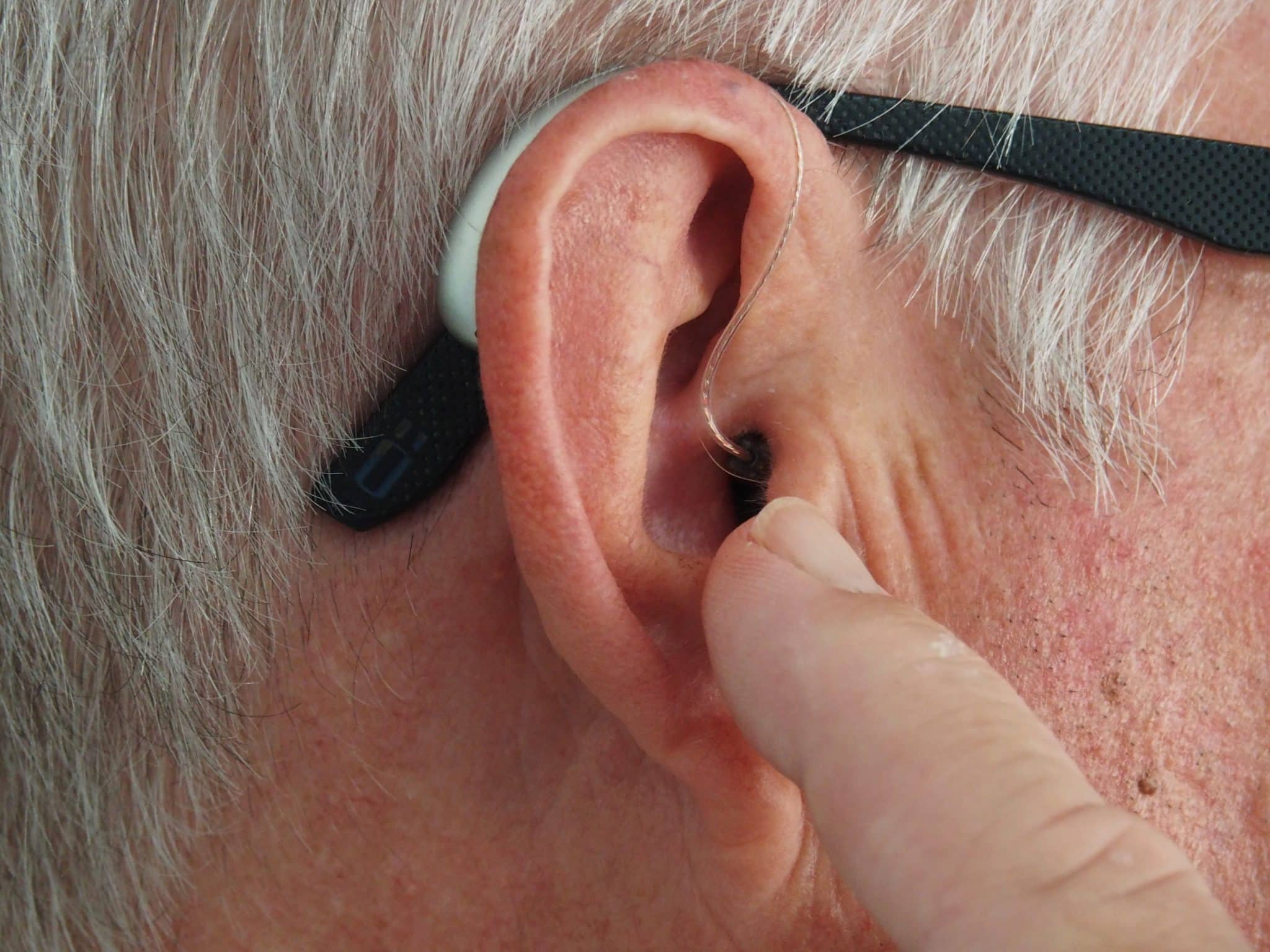
Travel options during the holidays can be easier to choose from when you know how certain vehicles affect your hearing. Learn more about keeping your ears protected!
Are you planning to travel for the holidays, but worry about how it will impact your
hearing loss? Here are the risks commonly associated with different modes of travel and the precautions you should take to minimize these risks.
Hearing Loss and the Road
Traveling by car can get you to your destination faster than other modes of transport, such as trains or buses. However, noise pollution and the kind of vehicle you decide to drive can also have an impact on your hearing.
One Iranian
study found that truck drivers experienced increasing degrees of hearing loss relating to the amount of time they spent operating their vehicles. Adjust your window levels to avoid noisy, howling winds from entering your car and avoid using highways when possible, as they are often the greatest source of noise on the road.
Flying with Hearing Loss
Traveling by plane is oftentimes the only option when traveling long distances, but repeated trips can also affect your hearing. A jet engine from 100 feet away can be as loud as 140
decibels. To put that into perspective, noises that measure 100 decibels or higher can cause significant
hearing loss.
You can avoid
hearing loss by wearing earplugs or earmuffs as well as moving to a different area when things get too noisy. If you are worried about not being able to hear announcements because you’ve stifled your ears, you can sign up to get information about delays, cancellations and other matters via
text message.
Hearing Loss on the Bus
Another relatively inexpensive form of transportation, the bus can also cause hearing damage with repeated exposures. In one Brazilian
study examining the instances of hearing loss in bus drivers, it was found that 32.7% of bus drivers experienced noise-induced hearing loss.
Alternate between using the bus and taking the train, a different form of transportation that can oftentimes prove to be softer on the ears.
Hearing Loss on the Train
Traveling by train is one of the least expensive forms of travel, but the constant roaring of trains entering and leaving the station can negatively impact your hearing. A
train entering the subway can be as loud as 106 decibels, which can start damaging your hearing in only 30 seconds! Earplugs, earmuffs or even covering your ears with your hands when a train is entering or leaving the station can shield you from most of the hazards associated with subway riding.
Hearing Loss at Sea
Hearing loss is one of the most common
ailments that sailors face, with
hearing loss incidences showing a positive correlation to the number of years of employment. Luckily enough, surface warships are the most likely to cause hearing loss, and not the ships that you would normally use for vacation travel.
To avoid hurting your ears, make sure to distance yourself from incoming and outgoing ships. The farther away you are from a noisy object, the less likely you are to receive hearing damage from it.
by Aaron Rodriguez
 Travel options during the holidays can be easier to choose from when you know how certain vehicles affect your hearing. Learn more about keeping your ears protected!
Are you planning to travel for the holidays, but worry about how it will impact your hearing loss? Here are the risks commonly associated with different modes of travel and the precautions you should take to minimize these risks.
Travel options during the holidays can be easier to choose from when you know how certain vehicles affect your hearing. Learn more about keeping your ears protected!
Are you planning to travel for the holidays, but worry about how it will impact your hearing loss? Here are the risks commonly associated with different modes of travel and the precautions you should take to minimize these risks.
 Travel options during the holidays can be easier to choose from when you know how certain vehicles affect your hearing. Learn more about keeping your ears protected!
Are you planning to travel for the holidays, but worry about how it will impact your hearing loss? Here are the risks commonly associated with different modes of travel and the precautions you should take to minimize these risks.
Travel options during the holidays can be easier to choose from when you know how certain vehicles affect your hearing. Learn more about keeping your ears protected!
Are you planning to travel for the holidays, but worry about how it will impact your hearing loss? Here are the risks commonly associated with different modes of travel and the precautions you should take to minimize these risks.




